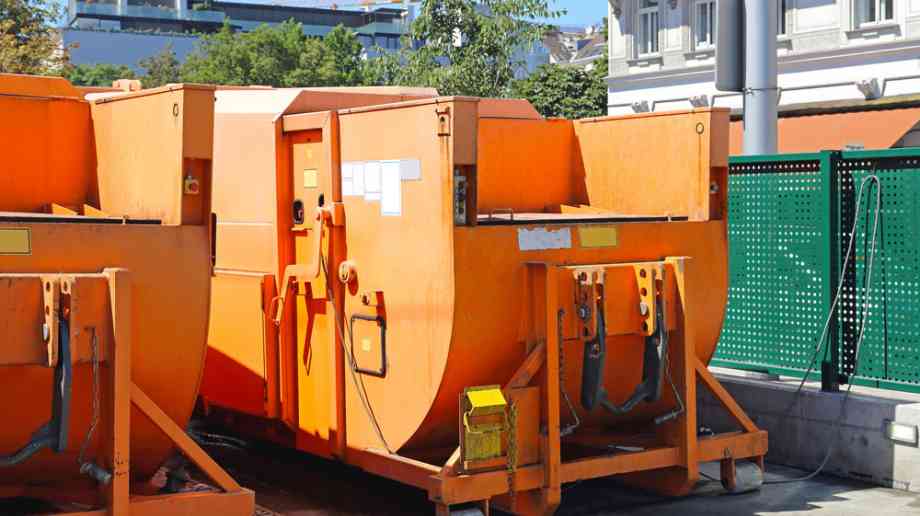
Storage solutions and procurement considerations in waste management
Storage solutions are a critical aspect of waste management and are integral to collection, sorting, recycling and disposal.
At the very beginning of the waste management process, we find bins – wheely bins, commercial bins, public bins. These are essential at the first stage of storage. They come in various sizes, materials and designs and cater for the diverse needs of different environments.
Consider the capacity of the bins being purchased and check it aligns with the waste generation of the target area. However, remember that small residual waste bins encourage more recycling.
Choose durable and waterproof materials, which add to longevity and resistance to UK weather. Even better if the bins are made of recycled materials.
Make sure the design is user friendly, but also protects from wildlife and weather. Consider easy-to-open lids, and touch-free designs in public spaces. However, make sure the bin design protects against wildlife and water intrusion.
Compactors
Compactors are an efficient solution for reducing the volume of waste, particularly in densely populated urban areas and when collected in large volumes. Compactors reduce waste materials, minimising the frequency of collection from recycling centres and the space required for storage.
It is important to choose compactors that match the waste volume, and therefore ensure optimal compression and efficiency.
The energy efficiency of a compactor should also be taken into account. Consider electric or hydraulic compactors with energy-efficient features to minimise operational costs. You should also prioritise those with low maintenance requirements, which will reduce downtime and associated expenses.
Underground storage
Underground storage solutions are also an option, as they offer an aesthetically pleasing and space-saving alternative to traditional waste storage solutions. These systems keep waste out of sight, minimising the impact on the landscape. This can also reduce odours and pests.
Before opting for underground storage solutions, you should assess the feasibility of installation in specific locations, taking into account factors like soil conditions and existing infrastructure.
They should also be easily accessible for waste collection vehicles when the time comes to transport the waste.
Hazardous waste
All regulations and laws should be followed when storing hazardous waste. This is essential to prevent environmental contamination and protect public health. Specialised facilities with stringent safety measures are essential for the secure containment of hazardous materials.
You must make sure to adhere to local and national regulations governing the storage and disposal of hazardous waste.
Prioritise solutions with advanced safety features, including leak detection systems, ventilation controls, and emergency response plans.
When it comes to procurement for waste management storage solutions, there are several aspects to consider.
One of the most important is sustainability. Prioritise suppliers and solutions that align with sustainability goals, and incorporate recyclable materials and energy-efficient technologies. Ensure that any storage solution still allows for the recycling and reuse of the waste if possible.
As ever, you must consider cost – you don’t want to be throwing money away. Evaluate the total cost of the solution, taking into account not just the initial procurement cost but also operational expenses, maintenance, and potential savings in the long run.
Look for solutions that can be tailored to the specific needs of the area and can therefore ensure efficiency and cost-effectiveness.
Consider vendor reputation and choose a supplier with a proven track record in delivering reliable and high-quality waste storage solutions. Consider customer reviews, case studies, and references.
Scalability is also an important consideration. Pick a solution that can scale with the waste management demands of the area and adapt to changing circumstances and requirements.
There are many different types of possible storage solutions for waste management, but it is important to do your research and take into account several different features including size, material, sustainability, cost and efficiency.


